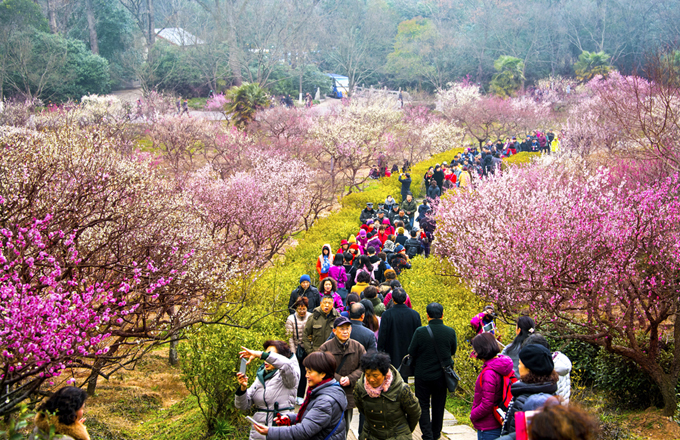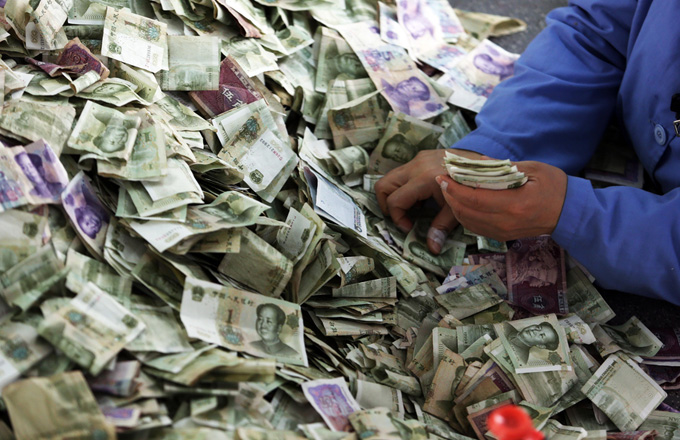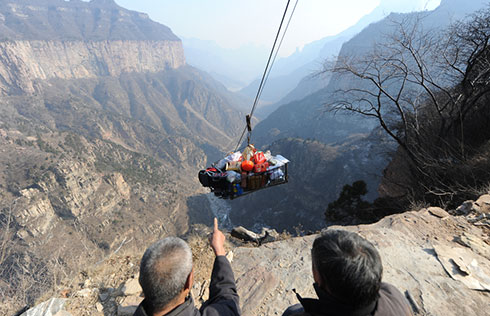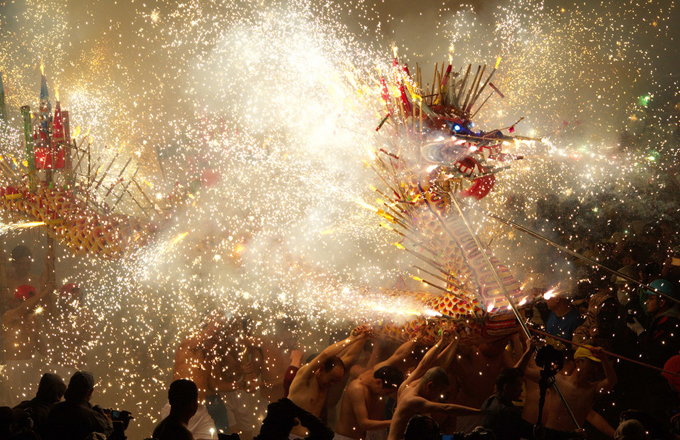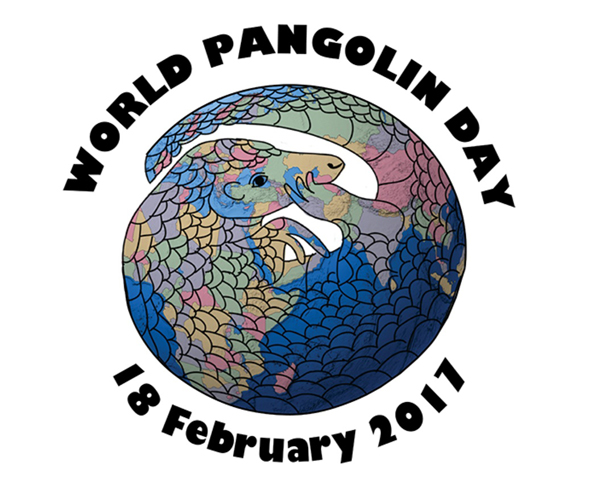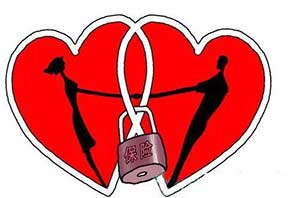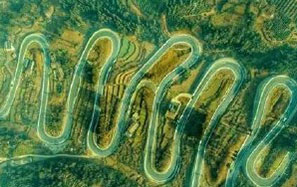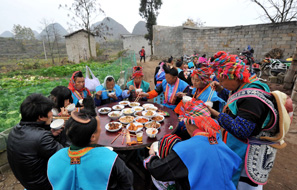NGO: Over 420,000 pangolins poached and trafficked since 2015
The International Fund for Animal Welfare, an animal welfare and conservation charity headquartered in the US, said over 420,000 pangolins have been poached and trafficked since 2015 and called for protection of this endangered species.
Small and scaly, pangolins are the world’s most illegally traded mammal and in danger of extinction. While these armored creatures once inhabited vast portions of Asia and Africa, their populations are severely dwindling due to a massive and growing demand for their scales, which are believed to have curative properties in East Asian medicine, and their meat, which is highly prized as a status symbol.
According to data analyzed by the IFAW, last year there were a staggering number of seizures of pangolin scales and meat in source countries, transit countries and market countries. Last summer, Hong Kong seized 13.4 tons of pangolin scales in three separate seizures originating from Cameroon, Nigeria and Ghana. In December, the Chinese mainland seized its largest shipment of pangolin scales ever (3.1 tons from Nigeria), while Malaysia seized 2.9 tons in transit from the Democratic Republic of Congo.
Reports available online show that dating back to 2015, there have been at least 74 seizures of pangolins and pangolin products totaling about 2,300 whole pangolins (alive or dead), over 7,800 metric tons of frozen pangolin meat, and over 45,000 metric tons of pangolin scales.
IFAW estimates that these seizures represent approximately 42,000 pangolins poached from the wild and illegally traded. To put that number in perspective, seizures found in the prior two years (2013-2014) represent an estimated 18,500 pangolins poached and illegally traded.
Furthermore, the amount seized represents only a fraction of the actual trade; Interpol estimates that only 10 to 20 per cent of contraband is actually found by authorities. Therefore, since 2015, based on media reports of seizures and the Interpol figure, IFAW estimates that over 420,000 pangolins have been poached and trafficked.
"Pangolins are falling prey to the ultimate predator: humans," said Mark Hofberg, IFAW campaigns officer. "The rate at which pangolins are being poached is unprecedented and unsustainable. The value we place on pangolins should be for their role in the wild, not as a status symbol. We have won some hard-fought victories to protect this exotic species but more needs to be done so we don’t see pangolins go extinct within our life time."
IFAW has been leading efforts to increase protections for pangolins in the US and internationally. Working in conjunction with other NGO’s, IFAW petitioned to get all eight species of pangolins listed as ‘Endangered’ under the US Endangered Species Act. In August an IFAW-led resolution was passed by the IUCN to encourage listing all eight species of pangolins under Appendix I of CITES, the most stringent international protection available – and subsequently, in September, the proposals were passed at CITES CoP 17 to list all eight species under Appendix I.
"Whilst it is horrifying to think that all species are so endangered, we must hope that the new level of protection will save these wonderful animals from extinction before it is too late," said Jane Goodall, founder, the Jane Goodall Institute, a UN Messenger of Peace and IFAW honorary board member.






